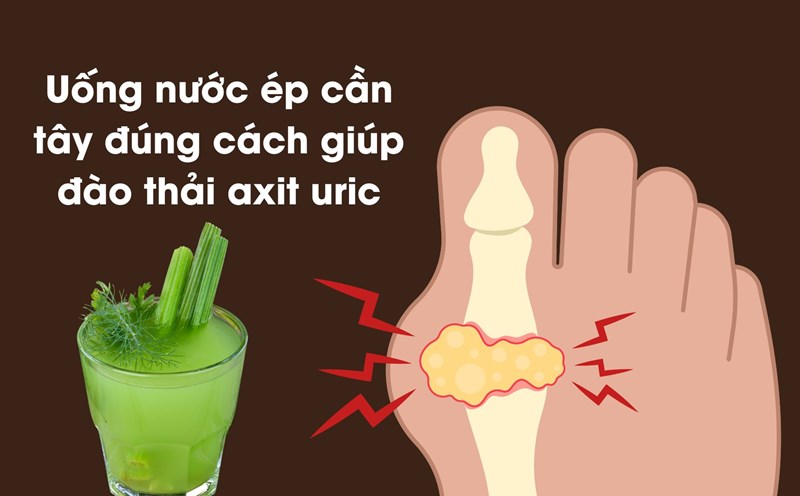" Drinking 8 glasses of water a day" is often considered a popular advice. However, current kidney experts believe that the body's water needs are actually more diverse, especially when considering factors: age, level of exercise, climate and underlying health status of each person.
The kidneys filter about 190 liters of blood per day, eliminating waste and excess fluid through urine. Staying hydrated helps the kidneys function effectively, thinning harmful substances such as ure, sodium and toxins. When the body is not provided with enough water, the concentration of these substances can increase, increasing the risk of kidney stones, urinary tract infections, and even long-term kidney damage.
A 2021 study showed that drinking plenty of water is associated with a lower risk of chronic kidney disease. In addition, people with higher water intake have a significantly lower risk of developing chronic kidney disease.
However, drinking too much water is not always beneficial. Excessive water intake, especially in people with kidney problems, can lead to hyponatremia - a dangerous drop in blood sodium levels, causing electrolyte disorders, seriously affecting health.
Recent studies show that each person's water needs are very different, depending on many personal factors: Weight and physical condition; level of physical activity; climate (hotness causes the body to lose more water); diet (more salt, more protein requires drinking more water); medical conditions (for example: kidney disease, diabetes, heart disease); medications being taken (urine supplements to increase water secretion).
According to the Mayo Clinic, the amount of water needed per day (from all drinks and foods) should be: 3.7 liters for men (15.5 cups); 2.7 liters for women (11.5 cups).
This amount includes water, tea, coffee, fruit, soup... not just water.
For optimal kidney function, kidney specialists often recommend drinking 1.5 to 2 liters of filtered water per day (equivalent to 68 glasses) for normal, healthy adults.
Drink more water than the above if you live in a hot climate or are regularly physically active.











